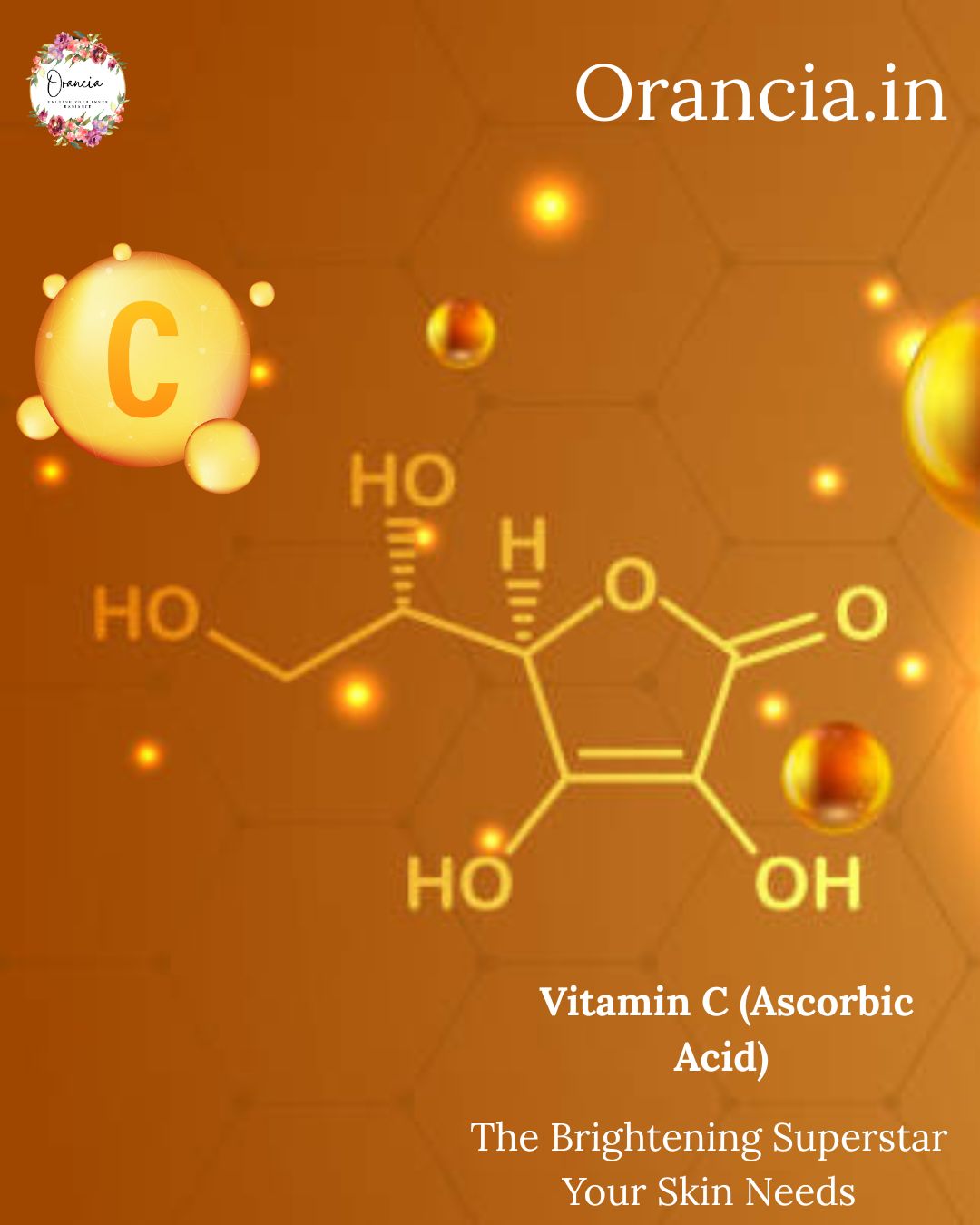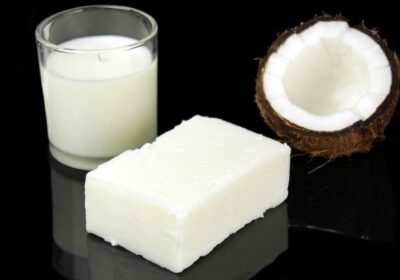When it comes to achieving radiant, healthy-looking skin, Vitamin C—also known as Ascorbic Acid—is a true powerhouse. This potent antioxidant has taken the skincare world by storm, and for good reason. From reducing hyperpigmentation to boosting collagen production, Vitamin C benefits for skin are wide-ranging and scientifically proven. If you’re looking to brighten dull skin, fight signs of aging, and protect against environmental damage, this is the ingredient to look out for.
What is Vitamin C (Ascorbic Acid)?
Vitamin C is a water-soluble vitamin and a powerful antioxidant that plays a crucial role in skin health. In its purest form, it’s called Ascorbic Acid, and it’s commonly found in serums, creams, and moisturizers. Our bodies don’t naturally produce Vitamin C, which means we must obtain it from external sources—either through diet or topical application.
In skincare, topical Vitamin C is especially effective because it delivers targeted benefits directly to the skin, helping it to look brighter, firmer, and more youthful over time.
Vitamin C Skin Benefits
1. Brightens Dull Complexion:-
One of the most talked-about benefits of Vitamin C is its ability to brighten the skin. It reduces melanin production, which helps fade dark spots, sunspots, and post-acne marks, giving your skin a radiant, even-toned glow.
2. Boosts Collagen Production:-
As we age, collagen levels naturally decline, leading to fine lines and sagging skin. Vitamin C stimulates collagen synthesis, helping your skin maintain firmness, elasticity, and a youthful appearance.
3. Fights Free Radical Damage:-
Environmental stressors like UV rays and pollution generate free radicals, which damage skin cells and accelerate aging. Vitamin C is a potent antioxidant that neutralizes these free radicals and protects the skin from premature aging.
4. Reduces Hyperpigmentation:-
Vitamin C helps inhibit tyrosinase, an enzyme responsible for melanin production. This action helps fade pigmentation, dark spots, and melasma, making it ideal for anyone struggling with uneven skin tone.
5. Enhances Sun Protection:-
While it’s not a replacement for sunscreen, Vitamin C boosts the efficacy of your SPF by providing additional protection against UV damage. When used under sunscreen, it acts like a double shield for your skin.
How to Use Vitamin C in Your Skincare Routine ?
Choose the Right Formula: Look for serums with 10–20% L-Ascorbic Acid, which is the most effective and bioavailable form of Vitamin C.
Use in the Morning: Apply Vitamin C serum in the morning after cleansing and before moisturizing or sunscreen.
Store Properly: Vitamin C is sensitive to light and air. Choose dark or opaque bottles and store them in a cool, dry place to maintain potency.
Suitable for Most Skin Types
Vitamin C is generally well-tolerated by all skin types. However, if you have sensitive skin, you might want to start with a lower concentration or use a derivative like Sodium Ascorbyl Phosphate, which is gentler.
Final Thoughts:-
Vitamin C (Ascorbic Acid) is more than just a trend—it’s a skincare essential with proven benefits. From fading pigmentation and fighting wrinkles to protecting your skin from environmental stress, it’s a must-have for anyone aiming for bright, healthy, youthful skin. Add it to your morning routine, and you’ll start seeing a visible transformation in just a few weeks.
Overview
- Condition: New





